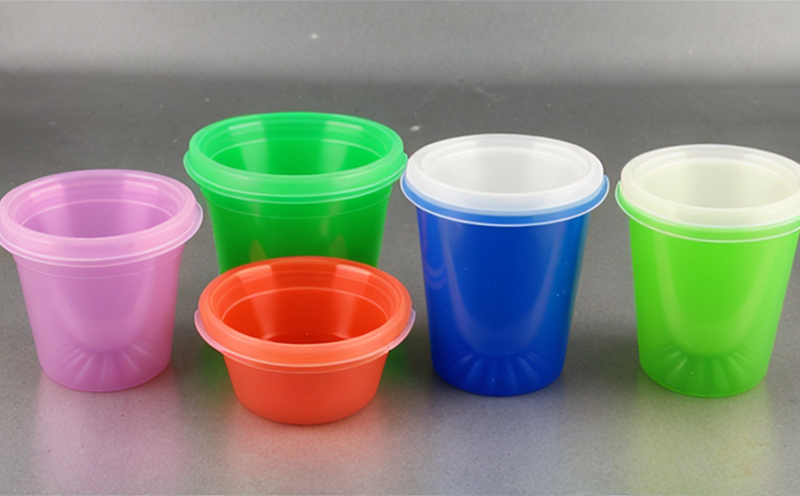EN 11737 Bioburden Testing of Disposable Plastics for Medical Use
The CEN standard EN 11737 addresses the bioburden testing of disposable plastics intended for medical use. This essential service ensures that these materials do not pose a risk to patient health by minimizing the presence of microorganisms that could cause infections.
The bioburden test is critical in the medical device and healthcare industries, where even low levels of contamination can lead to severe consequences. By conducting this testing, we help manufacturers comply with regulatory requirements and ensure product safety for end-users. The process involves the collection of samples from the disposable plastic items, followed by a series of steps designed to recover viable microorganisms present on or in the material.
Our laboratory adheres strictly to EN 11737 guidelines when performing these tests. This includes using appropriate media and incubation conditions tailored to the type of plastic being tested. The goal is to provide accurate counts of aerobic plate count (APC), total viable counts, and any specific pathogen that might be relevant based on the intended use of the product.
For quality managers and compliance officers, this service offers peace of mind knowing their products meet stringent international standards. R&D engineers benefit from detailed reports that can guide further improvements in material selection and processing methods. In turn, procurement teams gain confidence that suppliers are delivering compliant materials consistently.
The importance of bioburden testing extends beyond mere compliance; it plays a crucial role in protecting public health by ensuring medical devices function safely without introducing additional risks through microbial contamination.
| Standard | Description |
|---|---|
| EN 11737:2004 | This standard provides guidance on the procedures for determining the bioburden of medical devices made from disposable plastics. |
The testing procedure outlined in EN 11737 involves several key steps:
- Sample preparation: Ensuring proper representation of the surface area and volume of the plastic item being tested.
- Culture media selection: Using appropriate media that will support the growth of microorganisms found on or within the material.
- Inoculation methods: Applying standardized techniques to transfer samples onto culture plates while minimizing disturbance.
- Incubation conditions: Maintaining precise environmental controls necessary for optimal microbial recovery and enumeration.
The results from this testing are typically expressed as colony-forming units per square centimeter (cfu/cm²), which provides a quantitative measure of the bioburden present on the surface of the plastic. These values help determine whether the product complies with specified limits set forth by regulatory bodies like the European Union.
Compliance with EN 11737 not only ensures legal adherence but also enhances brand reputation among healthcare providers and consumers alike. By demonstrating commitment to patient safety, manufacturers can build trust in their products and foster long-term relationships within the industry.





